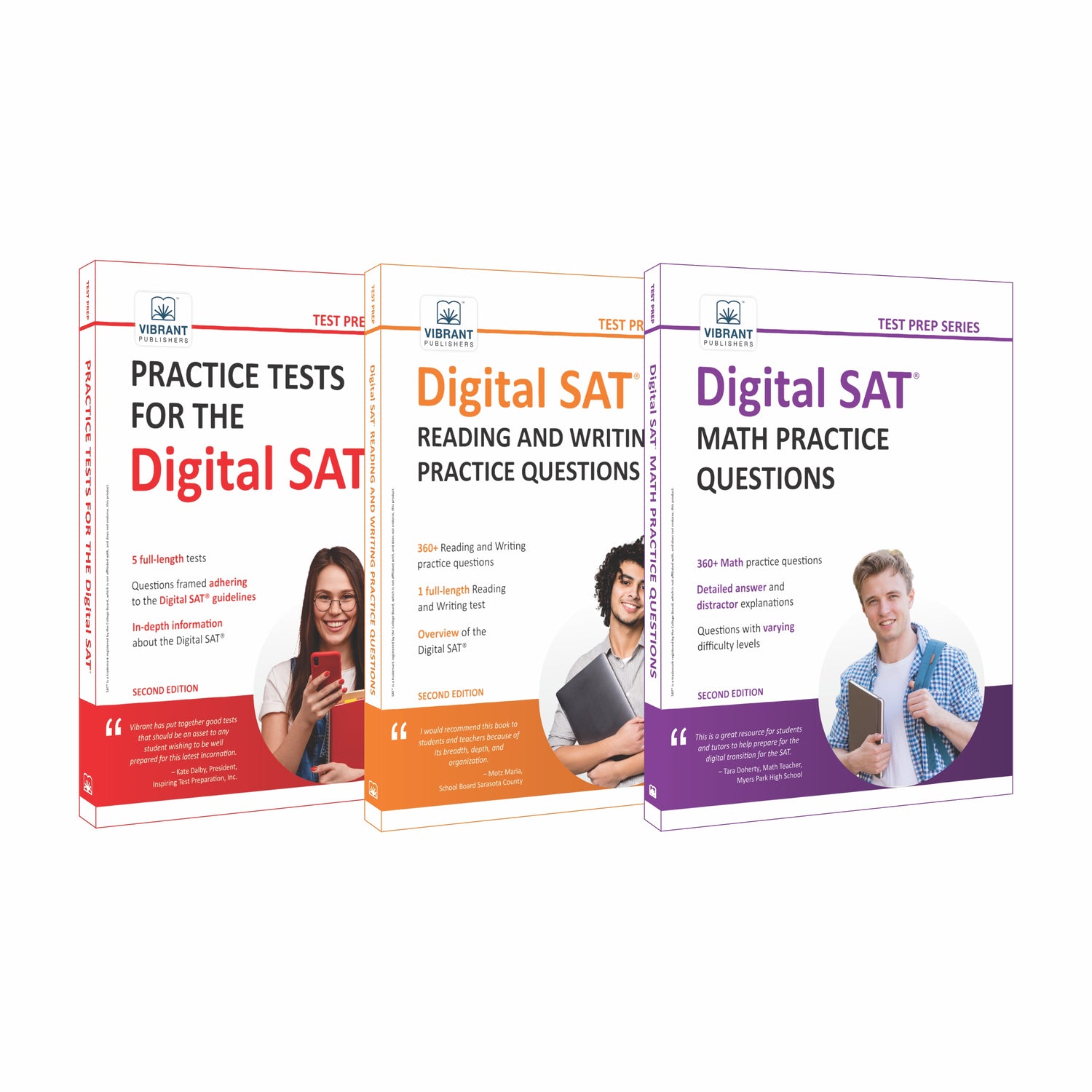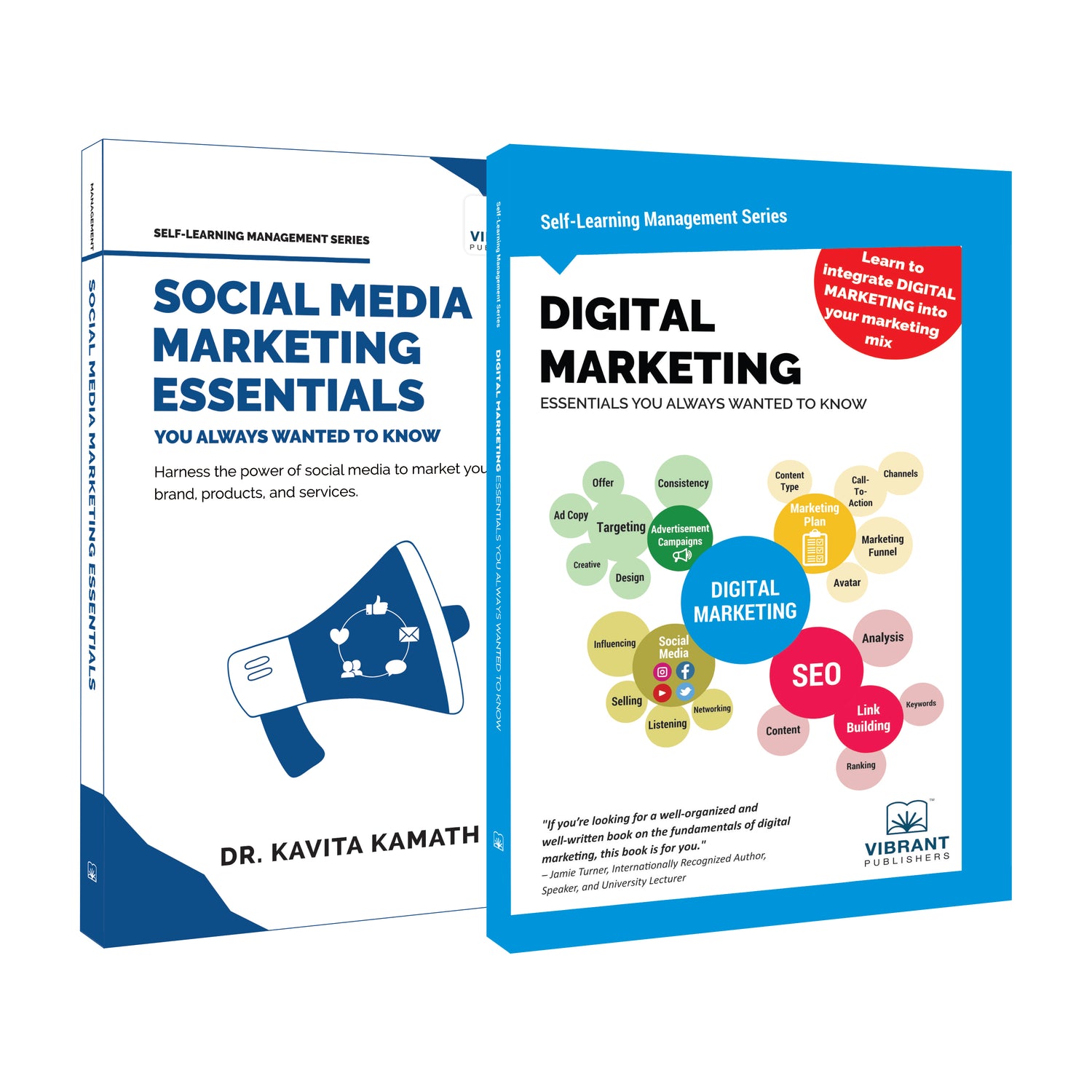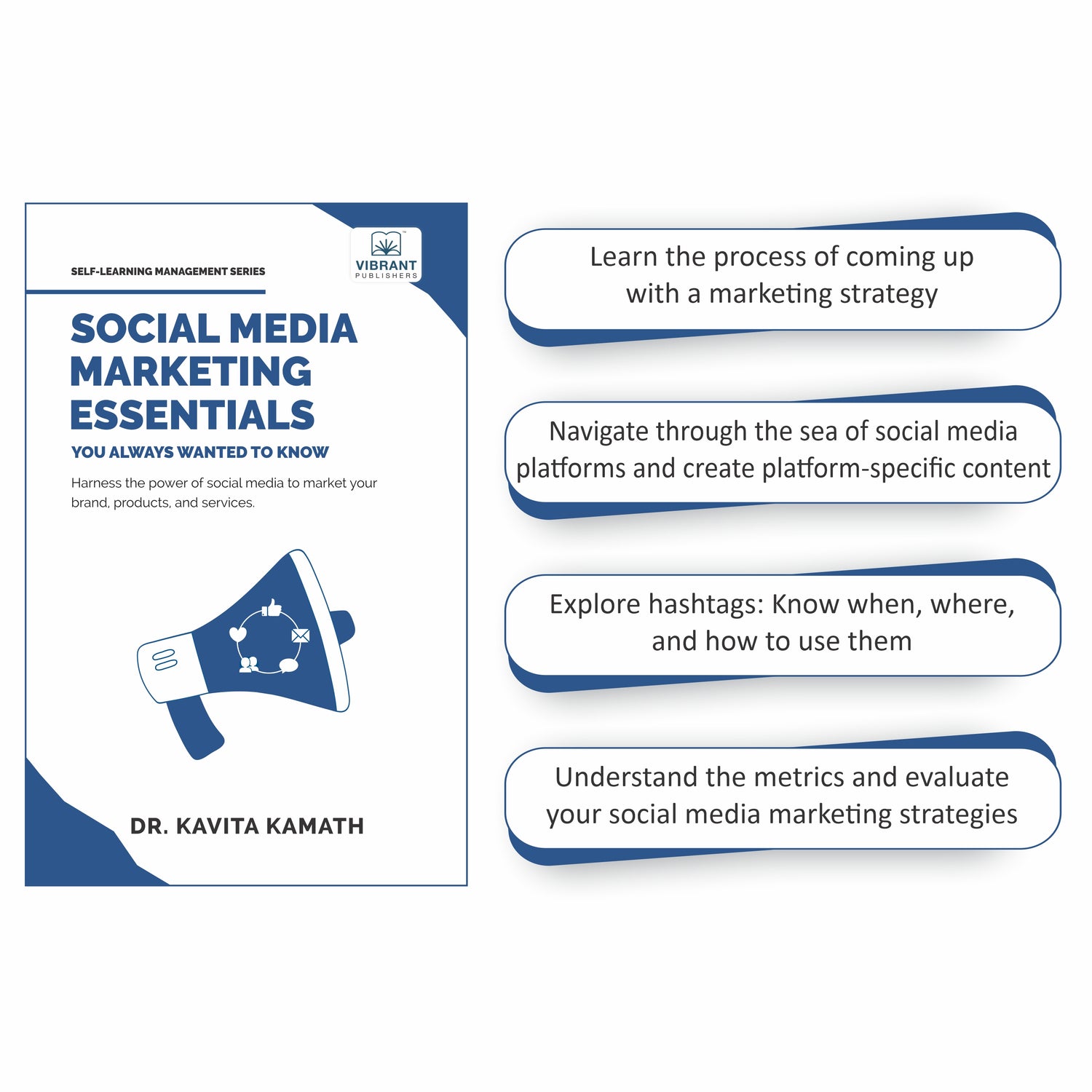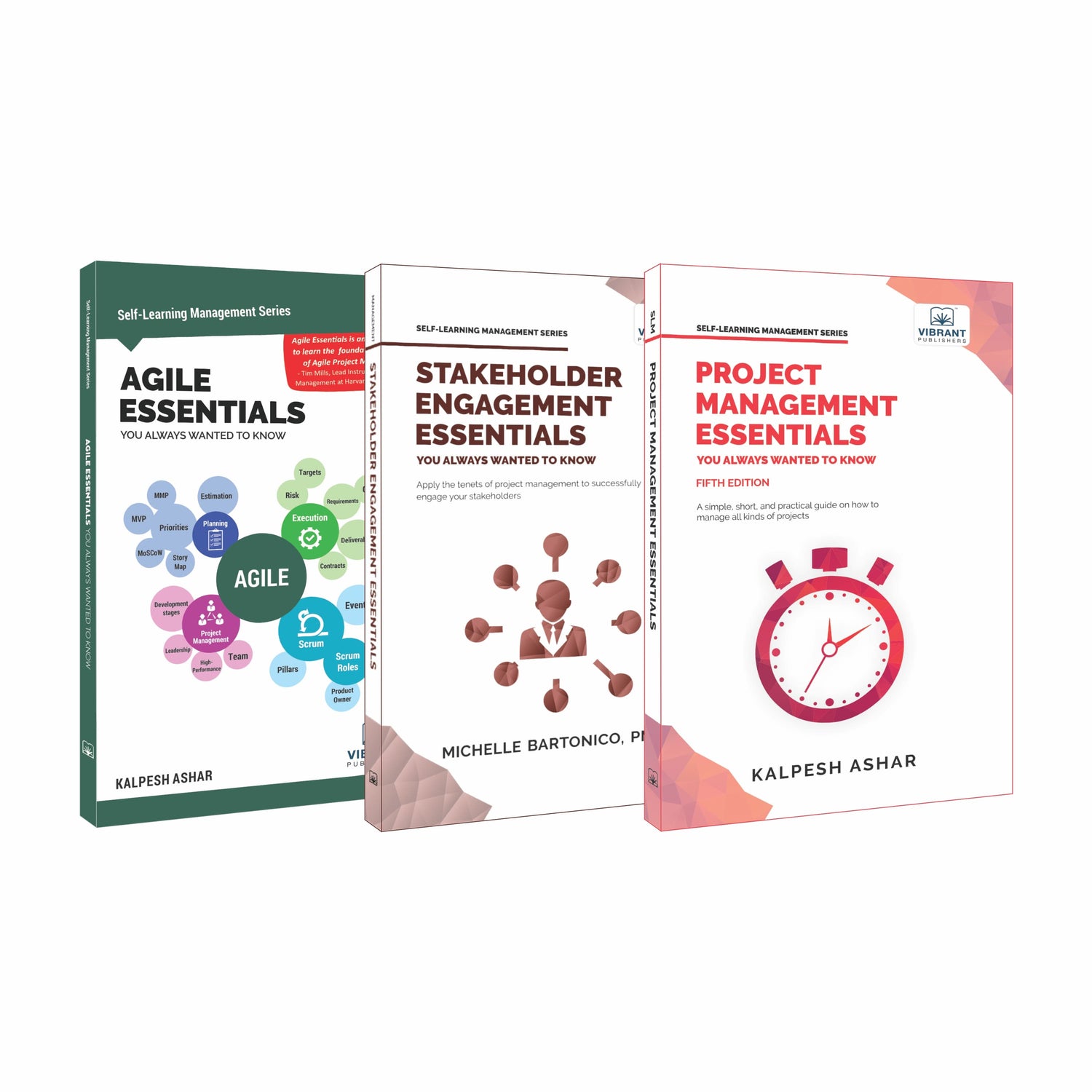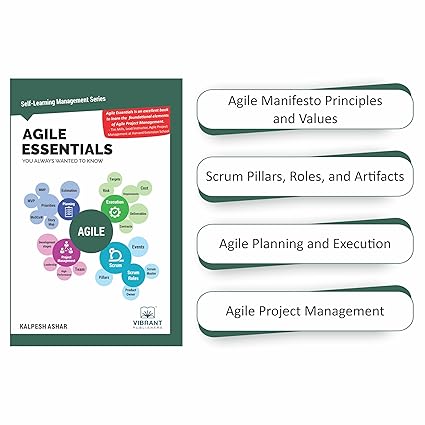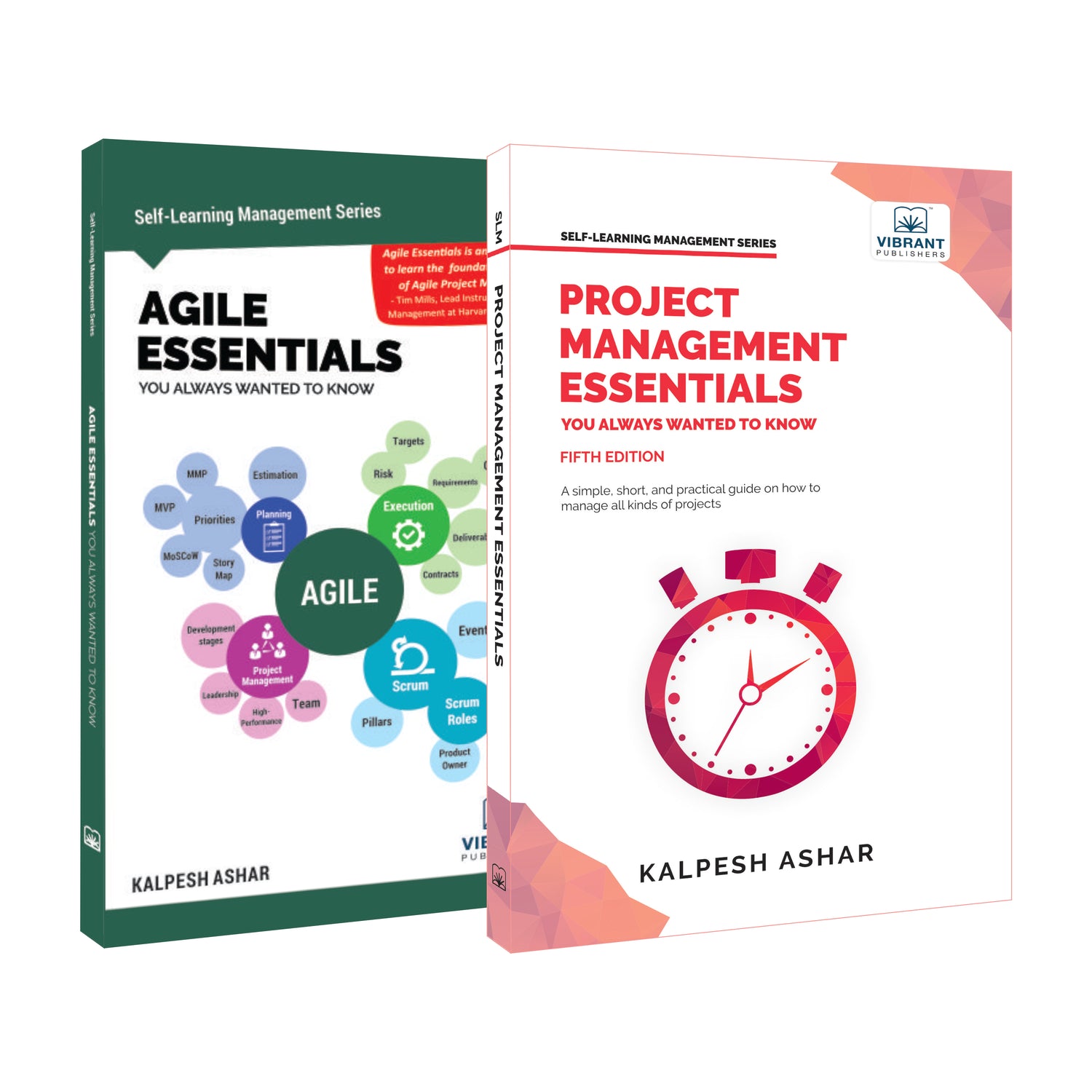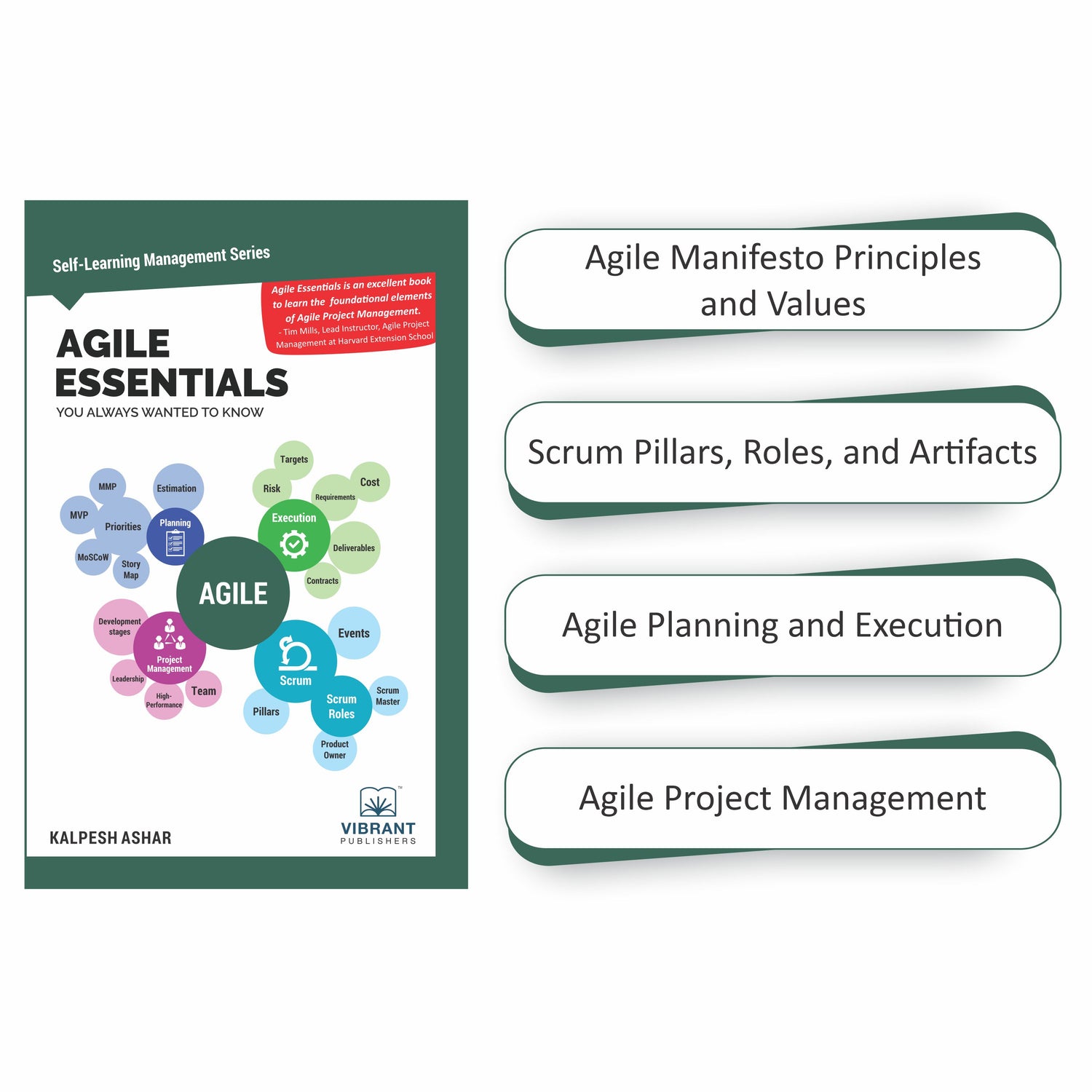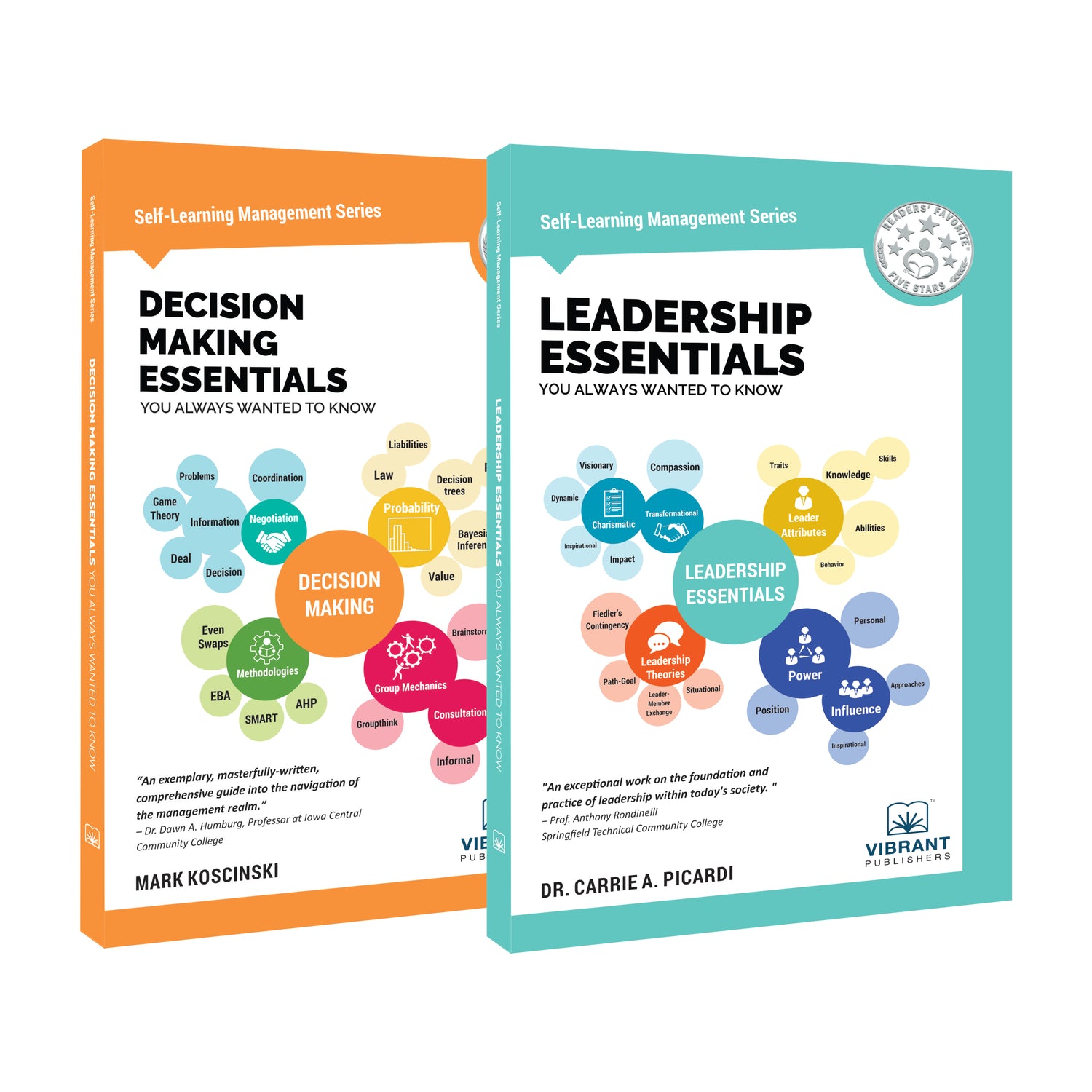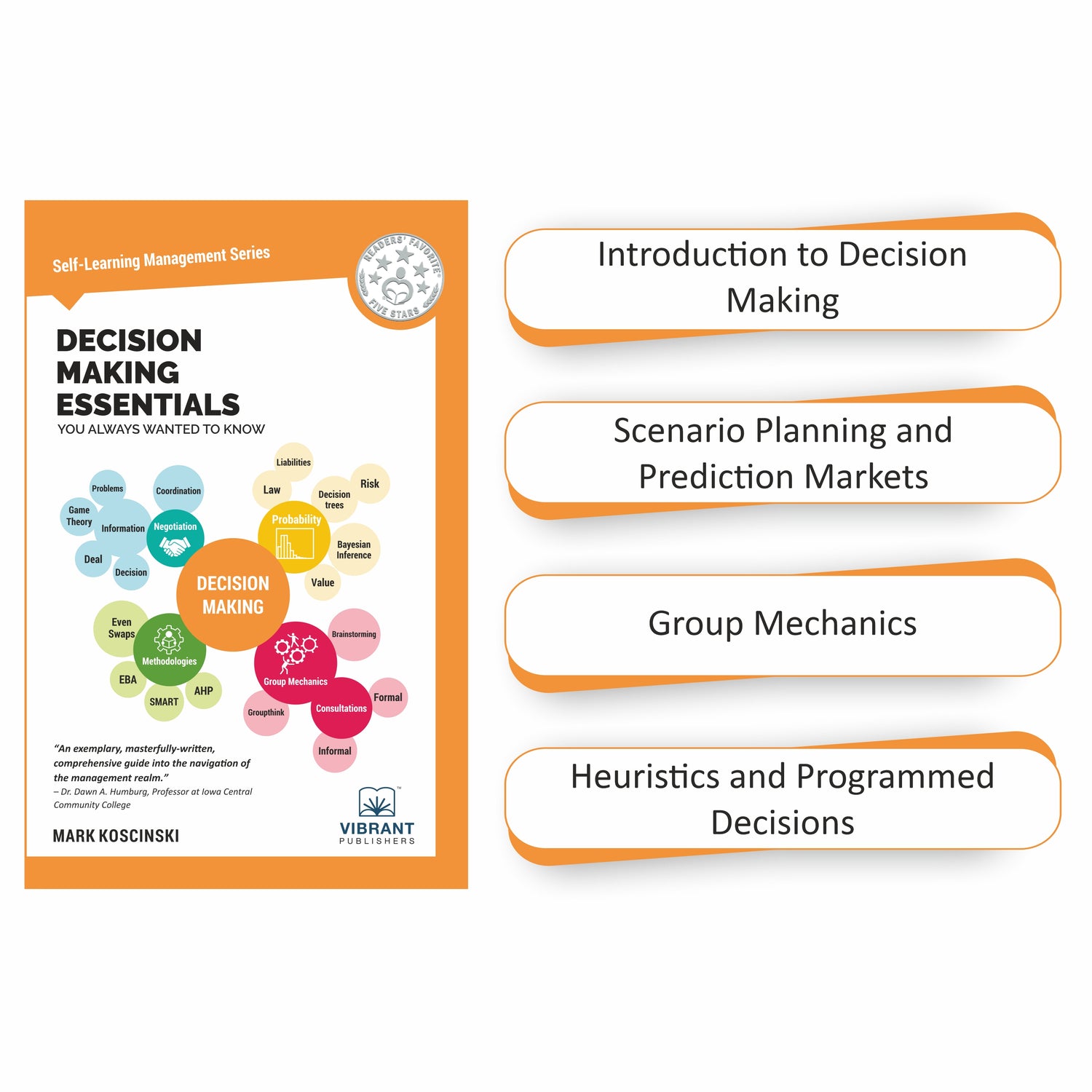
Top 10 Tips for Acing Technical Interviews
Introduction
Preparing for a technical interview is different from preparing for a normal interview. Technical interviews have an added layer to them, mainly, the coding round that tests whether your coding skills are up to the mark. In addition to being ready for the other interview rounds, aspirants have to ensure that their technical skills are able to withstand the pressure of the testing situation. That’s why, knowing what to expect and how to prepare can help you ace your technical interview, whether you are a newbie to the field or have significant job experience.
In this blog, we’ll quickly run through the top 10 tried-and-tested tips that can help you perform well in your technical interview. So let’s start right away with the first tip, which is a pre-requisite for any interview—knowing what to expect.
1. Know What To Expect
Technical interviews are different from typical interviews because they are more of a testing situation than the usual question-and-answer scenario found in non-technical job interviews. In technical interviews, you’ll be actually proving your expertise and skills in a particular domain rather than just displaying it on your resume. For the first tip, you’ll have to keep the following in mind:
-
Is it a Virtual or an On-Site Interview?
Most interview processes shifted online during the pandemic of 2020, and the technical interview process was no exception. The online interview process may be different from the on-site process, so make sure you are cognizant of all the details and requirements beforehand.
-
Who Will Be Conducting the Interview?
You don’t want to be in a situation where you are unaware of who is interviewing you. Research the company beforehand and read about the profiles of the people who will be interviewing you. If it’s a smaller company or a startup, for example, you may be interviewed by the engineering team.If it’s a larger company or a big corporation, you may be interviewed by the tech team or the Chief Technology Officer (CTO) at different points in time.
-
Know What Position You Are Applying For.
It goes without saying that you need to know the ins and outs of the position you’re applying for. Research the post you’re aiming for and what it typically entails, including the type of work and the skills and requirements needed for the position. Knowing this will help you answer the question ‘Why will you be a good fit for this position?’
2. Be Prepared for all 3 Stages
Technical interviews contain three basic stages:
-
The Screening Stage.
If the executives like your resume and want to take the process ahead, they will invite you to a short 15-30 minute screening process to gauge your enthusiasm and interest in the job being offered.
-
The Remote Coding Stage.
This stage is like a preliminary round that briefly tests your coding skills. This stage is usually conducted over Zoom or Skype and lasts a few hours. If you pass this stage, you will receive an invitation for the actual technical interview.
-
The On-Site Interview/Whiteboarding Stage.
This is the last and most important interview stage, which consists of a ‘whiteboard’ interview where you will be asked to solve code and identify issues, and the rest of the normal interview process. This could take a few hours or even an entire day, so it’s best to be thoroughly mentally and physically prepared for this stage.
It is important to perform well in all these stages, so keep in mind what each stage will require from you and prepare from that perspective.
3. Go Through Likely Questions You May Be Asked
You can research the company on Glassdoor—you’ll gain information on what type of questions to expect and what types of questions you should be asking at the end. Some former employees may have even shared their experiences of what the interview process was like. Make lists of the typically asked coding interview questions and common as well as out-of-the-box interview questions and practice with friends or family in an interview-like situation. Besides technical questions, you will be asked various questions set in real-life scenarios, like behavioral and situational questions that ask you to solve problems. Vibrant Publishers has a range of Job Interview Preparation Books on technical topics such as Core Java interview questions, as well as books like HR Interview Questions and Innovative Interview Questions on non-technical interview aspects.
4. Practice, Practice, and Practice Code
There’s no shortcut to practice. Practice will help you confidently solve the problems you are presented with. W3Schools is a good place to brush up on important concepts (like Fizzbuzz and the Fibonacci sequence, which are almost always asked) and watch tutorials to revise the fundamentals of code. Ideally, you should be practicing code all the time, even when you’re not preparing for an interview in the immediate future. Don’t leave the revision until the last minute; if there’s something you feel you’re not sure of, study it until you get it right. In the whiteboard coding challenge, you’ll be asked about typical computer science algorithms like reversing a binary tree or finding the shortest path in a graph, for example, which seem simple but are difficult to code on a physical board. Remember, writing these codes by hand is a completely different process from feeding them into a computer. So make sure to practice coding on paper.
5. Get Your Fundamentals Right
We’ve mentioned earlier that technical interviews are more of a testing situation than a back-and-forth question-and-answer session. So, ensuring that your fundamentals are in the right place will save you from the embarrassment of not being able to answer relatively easy questions. Take time out before your interview to review the fundamental concepts and theorems, including concepts in data structures and algorithms, trees, sorting and search algorithms, and dynamic programming, to name a few areas. These are all areas in which you will be questioned in the interview, so keep these concepts on the top of your mind.
6. Ask Lots of Questions
When you are not sure what the interviewer wants you to do, ask questions. You may assume that the coding has to be performed in a certain way, but there’s always another way—and the interviewer may fail you if you proceed with your wrong assumption and come up with a solution. So ask questions until you’re sure of what needs to be done. After all, the interviewers are not interested in whether you get the solution exactly right—they want to gauge your critical thinking skills in the process of approaching a problem. Rather than guessing what the interviewer wants you to do, clarify that first—and then start mapping out the problem. If your code isn’t returning the values you require, stay calm and work on debugging it—that’s another aspect interviewers will be evaluating you on.
7. Make Sure You Have All These Skills
Interviewers not only look for individuals with strong technical skills, but a host of other skills like creativity, leadership, decision-making, problem-solving abilities, communication skills, and critical thinking skills. You should also know about the impact of your work in the larger context of infrastructure, analytical, and data systems as a whole. Don’t be afraid to showcase your knowledge when you have the opportunity to do it, but do it without coming across as overconfident or as though you’re rattling things off from memory.
8. Prepare a Portfolio of Your Work
If you’ve worked on projects in the past, either personally or as part of an organization, you can showcase your work in the interview. It’s even better if you have projects in your portfolio that match the requirements of the role you’re applying to. Having a relevant project (or projects) to talk about will make you stand out in the interview and leave a good impression on the interviewer. This is another aspect of technical interviews that starts much before the actual interview process. As a software developer, you will need to keep honing your skills all the time—so start working on independent projects or contributing to open-source projects to give your resume that added layer of intrigue.
9. Dress Well and Act Confident—Even if You Don’t Feel Like It
Never underestimate the power of neat and formal attire. The first impression you make on the interviewer will affect the rest of your interview. Dress well and project a confident aura, even when you feel nervous or intimidated. Part of the reason why interviews are conducted is to test how well you perform under pressure. So even if your brain is tingling with anxiety, try to remain outwardly calm. Remember that the interview is not the end of the world and giving your best is all you need to do in order to succeed. Maintaining an outward composure will translate into inner calm and you will be able to perform well in the interview—and you may end up even enjoying the process.
10. Follow Up After the Interview
Many candidates are not aware of this little fact. It is considered good etiquette to send a thank-you email within 24 hours of your interview. If you were interviewed by many people, you could reach out to all of them with a thank-you email.
If you haven’t heard back from the organization after a week, send a brief follow-up email requesting them to inform you of the status of your application. Your tone should not be demanding or come across as desperate but should be a reflection of your interest in the job.
Extra Tip: Remember, just give your best performance and be prepared to accept the outcome. If you pass the interview, it will give you the confidence to do even better the next time you go for an interview. On the other hand, a failed interview is a learning process—you’ll know what to do and what not to do the next time.
All the best for your technical interview!
Next in this Series: Mock Interviews: Do They Help?
Previous blog in this series: Top Tips for Cracking Your First Job Interview
| Note: Before you go, you can check out our Series of Interview Blogs for more tips and useful information to add that extra something to your interview. |
Share

